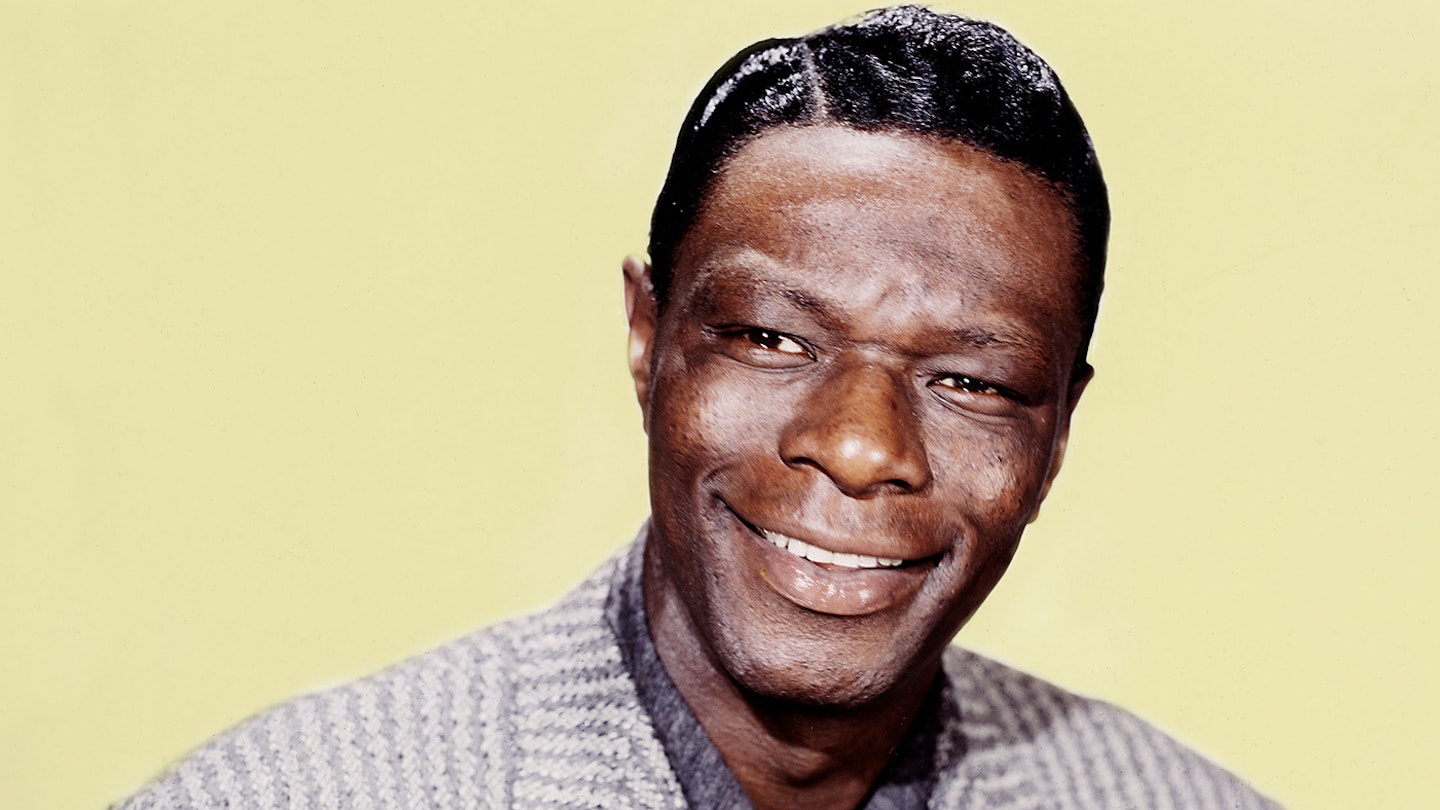15 February, 1965
At the end it was almost like the last reel of Citizen Kane. As he lay on his deathbed, Nat ‘King’ Cole repeatedly whispered “Skeeze”. His friends knew no one of that name.
By 5.30 in the morning of February 15, 1965, Cole was gone, one more chain-smoking victim of cancer. He was 45. His final chart single had been a version of Bert Kaempfert’s L-O-V-E. Which, in Nat’s case, seemed fitting.
The problems had first manifested themselves back in September 1964. On December 11 he cancelled a concert to dedicate Los Angeles’ new music centre. Frank Sinatra filled in for him. By Christmas he was too ill to leave hospital, and Jet magazine reported that only family and close friends were permitted five-minute visits. Nat’s long-term friend, comedian Jack Benny, the man who had stuck a paper crown on Cole’s head in 1937 and dubbed him ‘King’, would be the last show-business to visit his bed-side. “Sometimes death isn’t as tragic as not knowing how to live,” Benny said, “This nice man knew how to live – and knew how to make others glad they were living.”
“I love show-business but I don’t want to die for it.”
As he lay in his bed in Santa Monica’s Saint John’s Hospital, Cole must have theorised that death might have come earlier – maybe in 1956 when he’d been attacked onstage by racists in Birmingham, Alabama. Injured in the furore, he eventually reappeared to tell the crowd” I just came here to entertain you. That’s what I thought you wanted.” Then he turned to a friend and explained, “Man, I love show-business but I don’t want to die for it.”
He’d had his share of good luck too. When original nut-munching hippie eden ahbez brought him the song Nature Boy, Nat recorded it with an orchestra. The song proved a beguiling hit, a message song for the Love Generation before there was such a thing, and it topped the charts for eight straight weeks.
Maybe as he lay on his bed, Nat reflected on those fortunate days in 1956, when he’d become the first black entertainer to host his own network TV series. With little money to spend on production – due to a failure to attract sponsors because of racial problems – many of his show business friends, including Peggy Lee, Ella Fitzgerald and Harry Belafonte, opted to guest for peanuts in order to keep the show afloat. But Nat eventually gave up the battle claiming: “I gave up a lot of money to stay with the programme, hoping someone would pick it up but no one would.” One Alabama TV station manager reported: “I like Nat Cole – but they told me that if he came back on they would bomb my house and my station.”
However, his luck finally luck ran out that day in February 1965, when the man who’d notched 117 US chart hits slipped away, just a couple of weeks after having one of his lungs removed. Nat’s wife, Maria, once a singer with Duke Ellington’s band, wrote in her biography “I recall suddenly seeing at my neighbourhood news-stand, the glaring headline “Nat King Cole Dead Of Cancer” To this day when I pass that news-stand with that same little man standing there, I still see that headline.”
A great loss to music...
The music industry was stunned by the news. Billboard was filled with tributes, Capitol Records received orders for over a million copies of Nat’s releases and Sammy Davis cancelled his appearances in the Broadway show Golden Boy in order to fly to Cole’s funeral. Nelson Riddle announced he was to be a pallbearer, saying, “Nat gave me my first big break in recording, I started arranging for him in 1950.” Bobby Darin, Frankie Laine, Billy Daniels, Frank Sinatra, Sammy Davis Jr, Count Basie, Dean Martin, Danny Kaye and Senator Robert Kennedy were just a few of the many show-biz personalities who attended the funeral. Duke Ellington, who was in England, sent a message saying, “I’m so shocked… his death is such a great loss to music.”
But Nat remained in people’s memories. Never more so than on Grammy Night 1991, when daughter, Natalie Cole stepped up to receive the top two trophies (Best Album, Record Of The Year) plus Best Traditional Pop Performance for Unforgettable, a record on which she covered 22 of her father’s most memorable songs. “It’s been one incredible, incredible time,” she said. “I want to thank my father for leaving me such a wonderful, wonderful legacy.” At which point the audience got to its feet and cheered. Then cheered some more.
